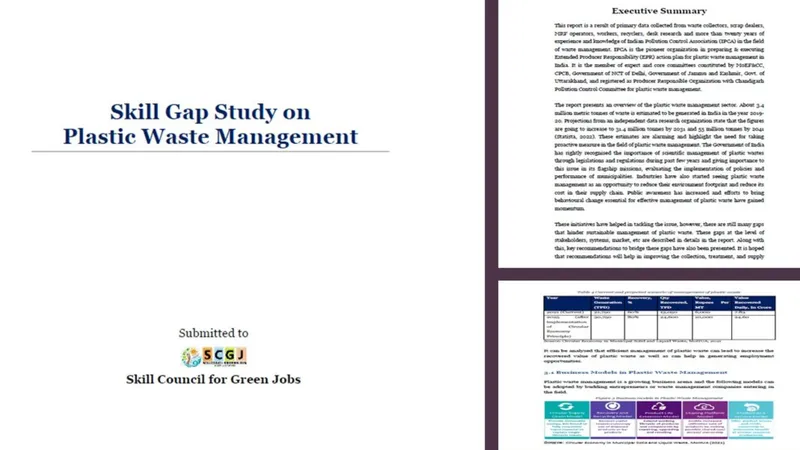Research & Consultancy
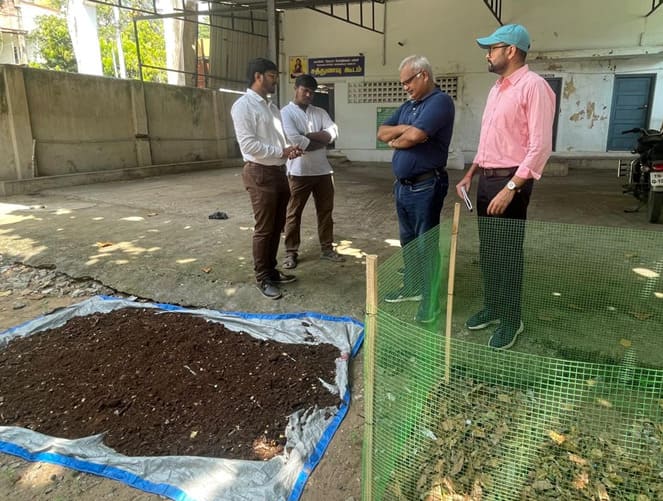
This project established a robust framework to quantify greenhouse gas (GHG) mitigation achieved through decentralized organic waste management. The study demonstrated measurable climate benefits by accounting for both emissions caused and emissions avoided across the waste value chain for the SORT project of Swarn Lata Motherson Trust (SLMTT). The assessment converted waste diversion outcomes into verifiable climate benefits. A user-friendly Excel-based GHG estimation toolkit was developed to enable real-time tracking and informed decision-making. Overall, the project establishes decentralized waste management as a credible and scalable climate action with clear environmental benefits.
This project aims to evaluate the environmental, social, and educational outcomes of initiatives undertaken by SBI Cards and Payments Pvt. Ltd. (SBI Cards) through its corporate social responsibility (CSR) program, involving the distribution of 11,000 recycled plastic benches in government schools across the Doda, Udhampur, and Kathua districts of Jammu.
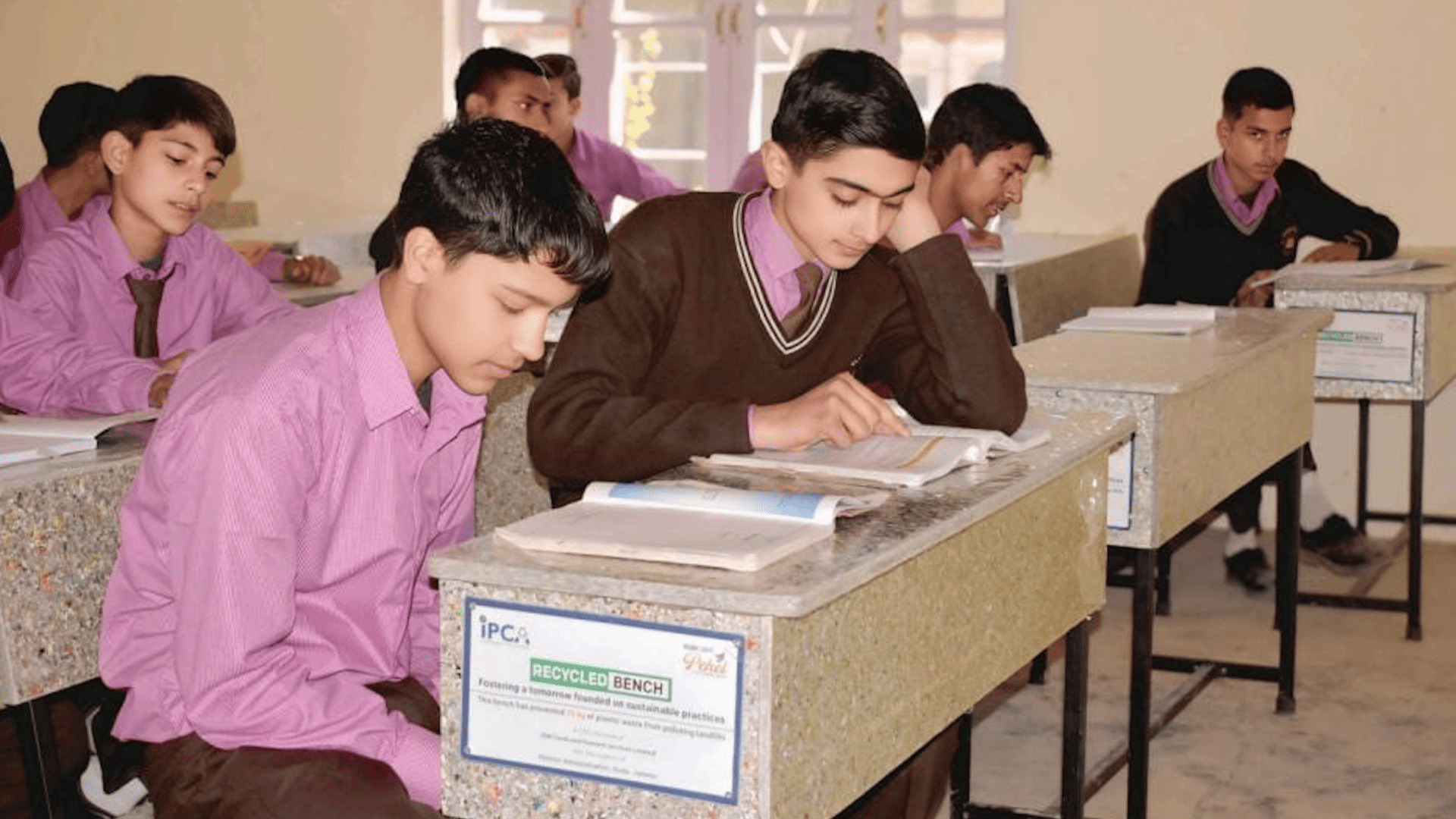
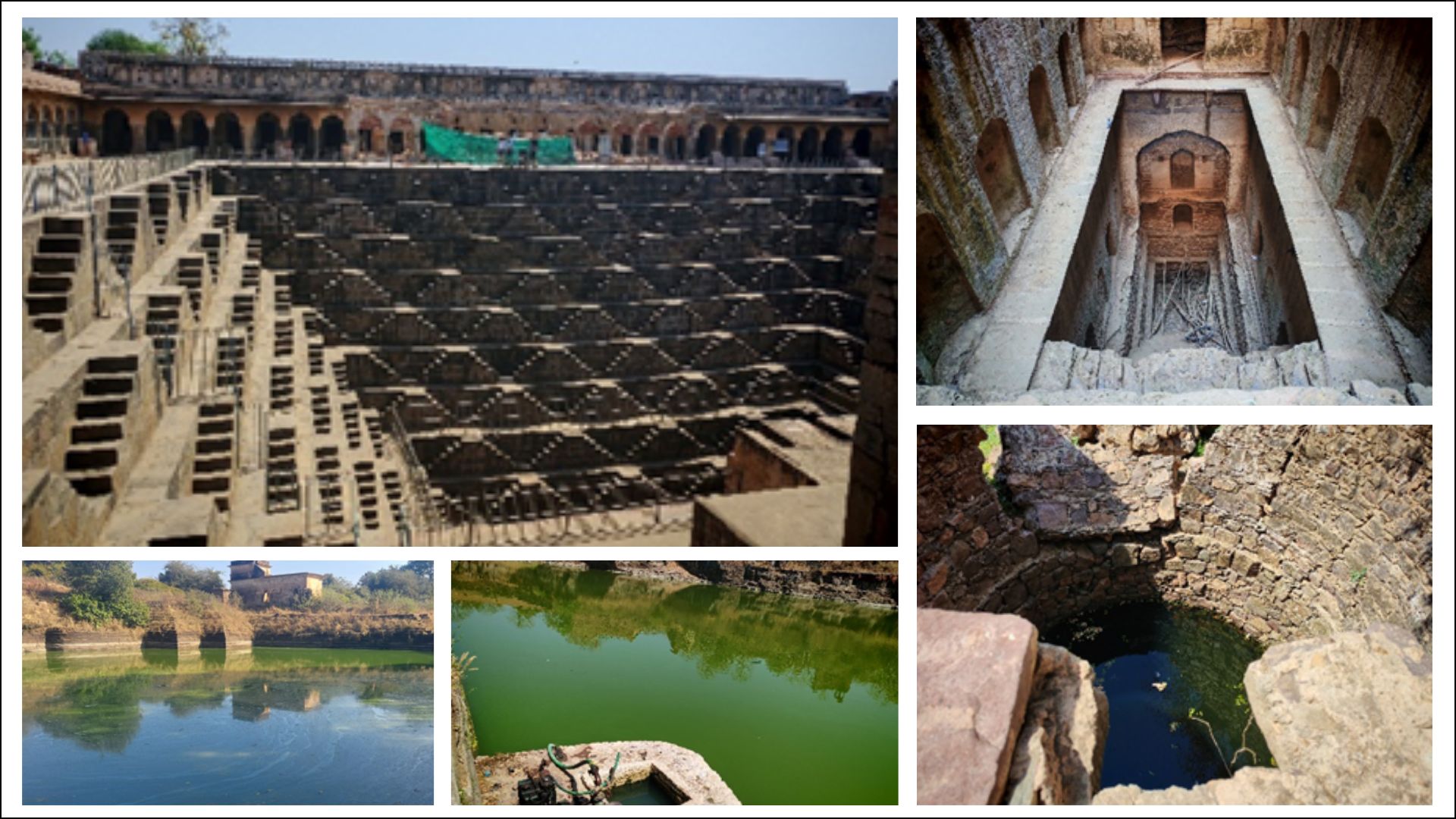
Bisleri International Pvt Limited (BIPL), in partnership with TERI SAS, aims to rejuvenate four water bodies currently maintained by the Archaeological Survey of India in the Rajasthan and Bundelkhand regions of India. These sites are currently non-functional and do not fulfil their intended purpose. As part of the project, ICWMR will conduct a scientific assessment of these sites, focusing on both water quantity and quality. This assessment will help identify the necessary and optimal interventions for their rejuvenation. This initiative is a part of BIPL's CSR efforts.
This project aimed to evaluate the social, environmental, and economic impacts of waste management initiatives undertaken by SBI Cards and Payments Pvt. Ltd. (SBI Cards) through its CSR programs. In line with its commitment to sustainability and community development, SBI Cards had implemented waste management projects focused on waste segregation, promoting recycling, and minimising the amount of waste ending up in open landfills or being openly burned. The assessment highlighted the effectiveness of these initiatives and served as a reference document for the preparation of their ESG report.
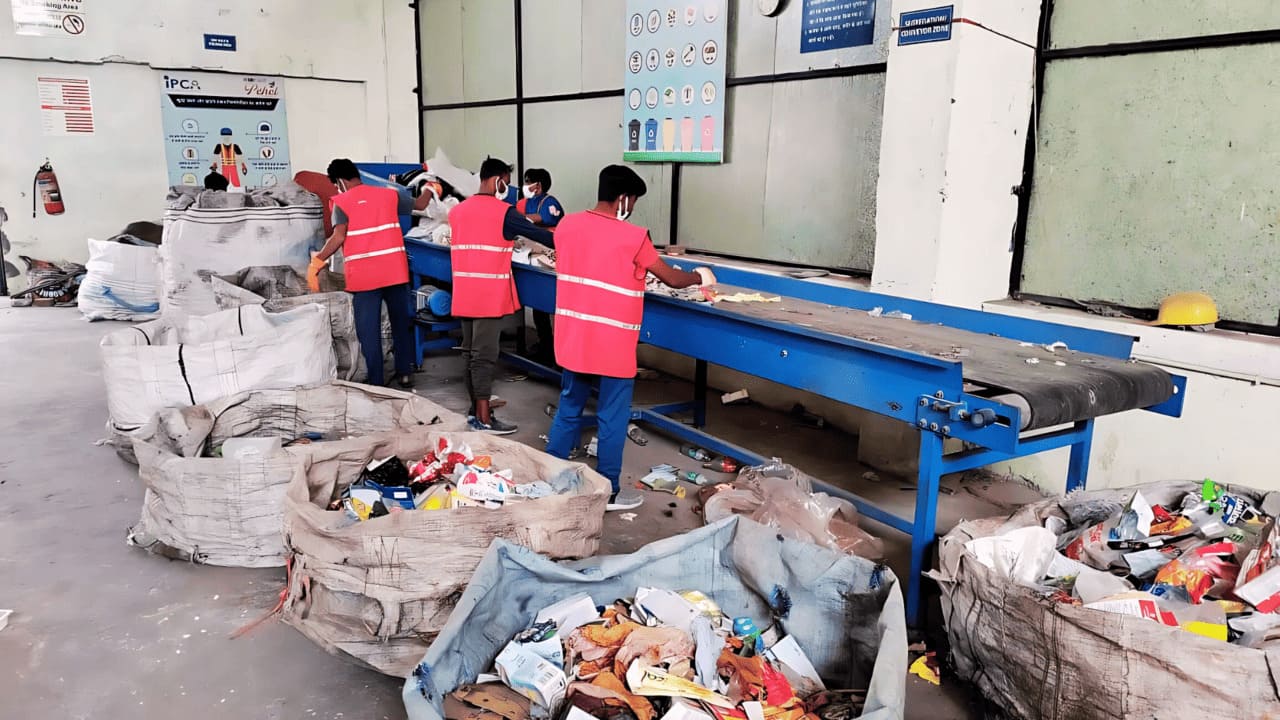
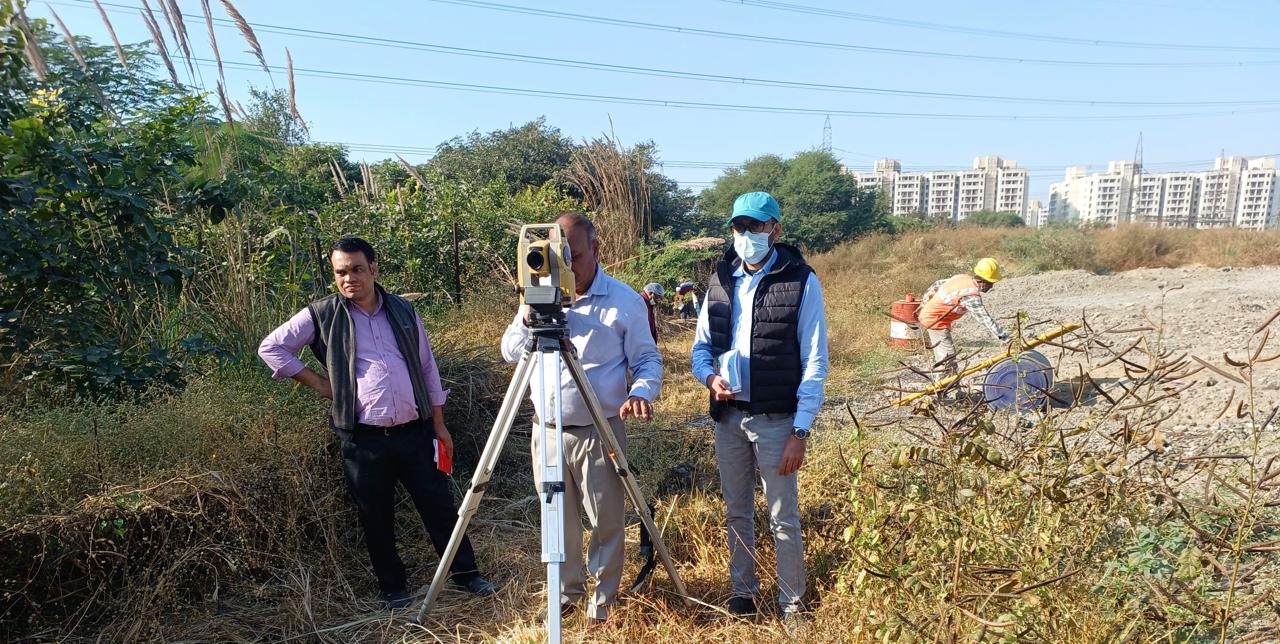
As part of the project, 5.668 acres of land was measured and delineated from the existing land capacity at Narela-Bawana MSW processing facility, operating as a partnership project of the Municipal Corporation of Delhi (MCD) and Delhi Municipal Solid Waste Solutions Limited (DMSWSL). Differential Global Positioning System (DGPS) and Electronic Total Station methods were used in the study. Simultaneously, the marking was done on the ground with two different sets of options for the same area as per the consent of both parties.
A carbon stock assessment study of Monoon longifolium (False Ashoka) planted as green belt in the SIIDCUL industrial area in Rudrapur, Uttarakhand by Perfetti Van Melle was carried out. Various carbon pools like above ground, below ground biomass and soil were analysed through the non-destructive sampling to arrive at the carbon stored in the ecosystem. Health status of the trees was assessed and suggestions for maintenance and the improvement of the green belt plantation developed.
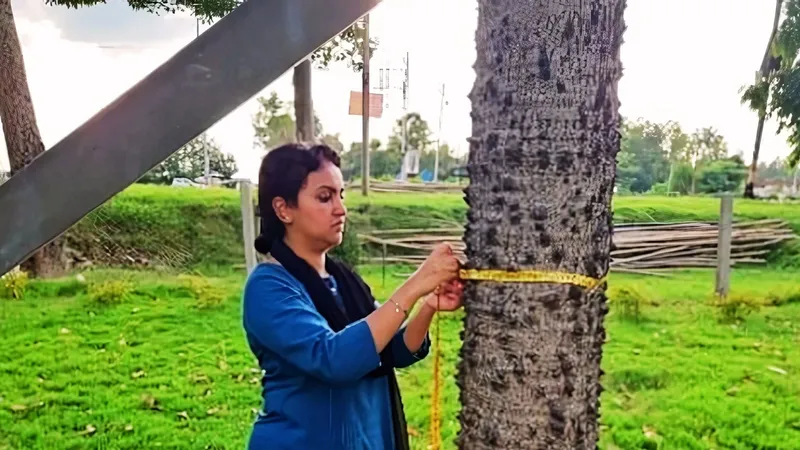
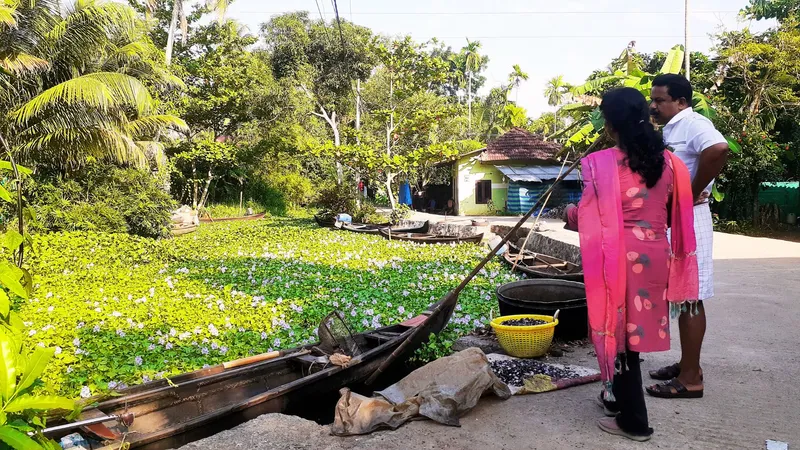
The research project is being carried out in the Vembanad Kol wetland of Kerala. It is a multidisciplinary idea involving economics, governance and institutional approach to promote sustainable livelihood by utilizing Water hyacinth. The study focuses on rural empowerment through the Kudumbasree mission in Kerala for the development of Green Entrepreneurship.
The DPR for the management of the legacy waste in Ladakh was evaluated critically, and major observations/remarks were mentioned for further improvement of the DPR. The recommendations were accepted well by the district administration.
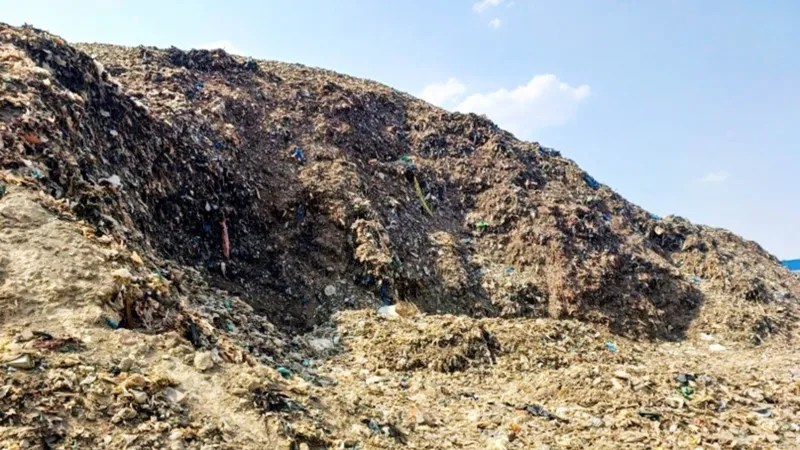
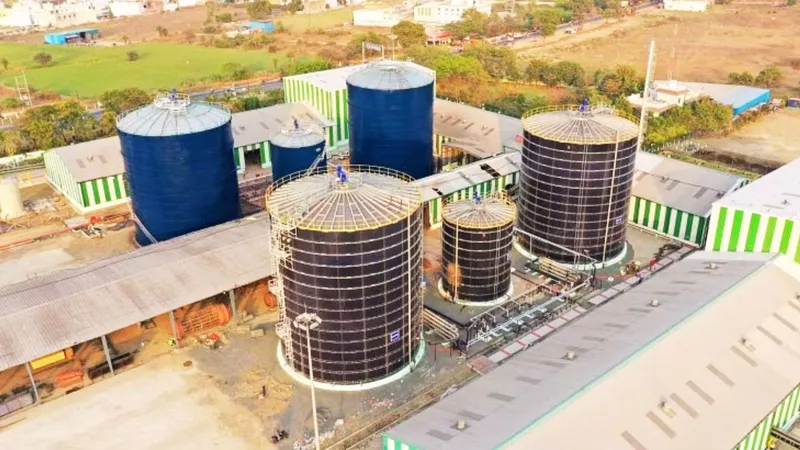
The project aimed to undertake a socio-economic survey of Asia's largest bio-CNG plant in Indore as a template project for other bio-CNG plants. The study analysed the benefits derived by the communities from EverEnviro Indore services by undertaking stakeholder engagement exercises of key parties involved in the backward and forward linkages of the bio-CNG plants' complete supply chain. The project impact from social, economic, environmental and governance angles were highlighted and measures for replication of similar projects in other sites suggested.
ICWMR, TERI SAS was appointed as the Independent Consultant to monitor the collection, transportation, treatment, and disposal of municipal solid waste in five zones of MCD, namely City SP, Civil Lines, Keshav Puram, Narela, and Rohini. The 18-month project, which commenced in January 2024, involved daily monitoring of the activities of the concessionaire and providing recommendations for improvement. The project was implemented in partnership with Eco Prabandhan.
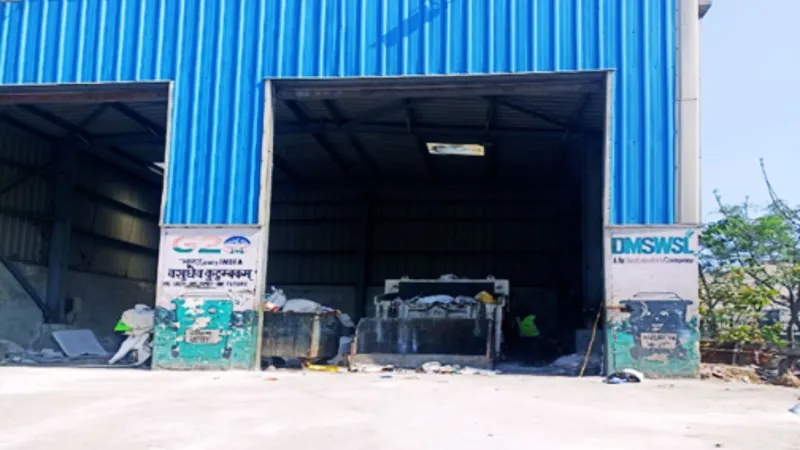

The study was an industry-academic collaborative research conducted by Bisleri International Pvt. Limited (BIPL) and ICWMR, TERI SAS. It presented policy, regulatory, and legal aspects of water credits and trading, and explained the methodology for estimating watershed impact-based water footprints. Two production units were studied, and footprint estimations were made for the bottling industry for the first time.
The report was released by Mr Ramesh Chauhan, Chairman, BIPL in Mumbai on 8th May 2024.
The project aimed to conduct an assessment of the social, environmental, and economic impact of a CSR project for SBI Cards and Payment Pvt Limited - 'Innovative Mechanisms for Managing Plastic Waste'. The CSR project involved sourcing segregated plastic waste and converting it into value-added recycled products (at the recycling facility) for closing the loop from waste generation to consumption.
The study assessed the impact of the project and the perception of stakeholders and appraised the financial components of the project. The derived parameters were evaluated using the OECD-DAC framework criteria.
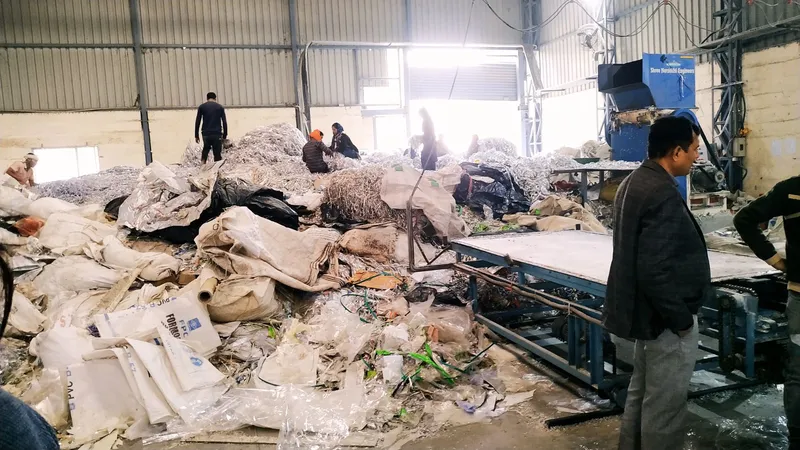
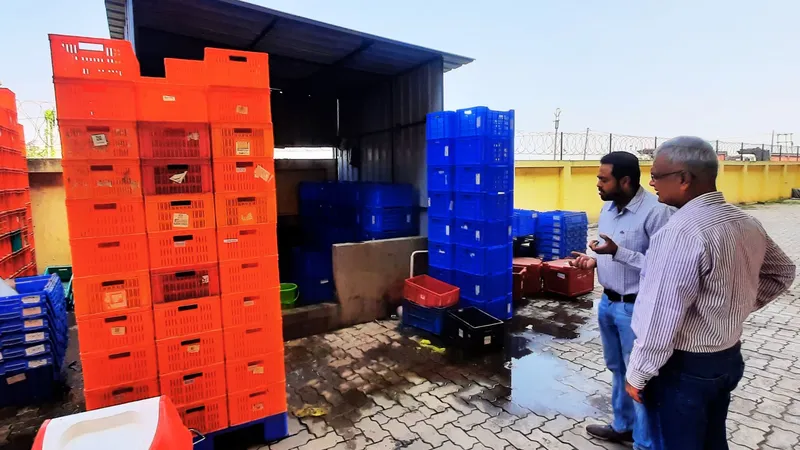
The project aimed to conduct waste and water audits for the Zomato Facilities in Gurugram and Kolkata. Gathering data on waste generation and water consumption resulting from business activities was a key requirement of Business Responsibility and Sustainability Reporting (BRSR).
As part of the audit, the team studied the existing practices concerning waste and water at Zomato's facilities, monitored waste generation and water consumption patterns, verified compliance, and offered recommendations for improvement. Additionally, Standard Operating Procedures were developed to measure and minimize waste generation and water consumption. Employees were also trained on these SOPs to ensure efficient documentation of environment-related data.
The project aimed to identify gaps within the plastic waste management domain at various levels. To pinpoint skill gaps, surveys were conducted with waste collectors, and interviews and interactions were held with scrap/waste dealers and recyclers. Additionally, stakeholder consultations were conducted.
The project also developed qualifications (training modules) to address the identified skill gaps encountered during the supplier chain of plastic waste. The incorporation of such skills would prove beneficial for waste management personnel, including Material Recovery Facility (MRF) Entrepreneurs, Plastic Recycling Technicians, and Plastic Recycling Entrepreneurs.
